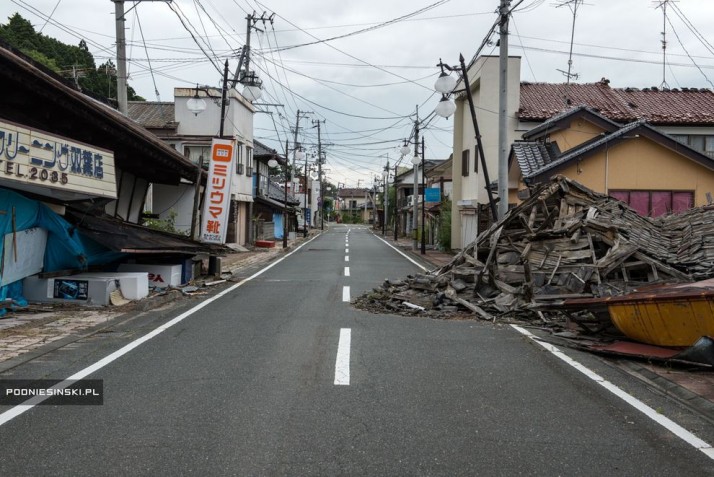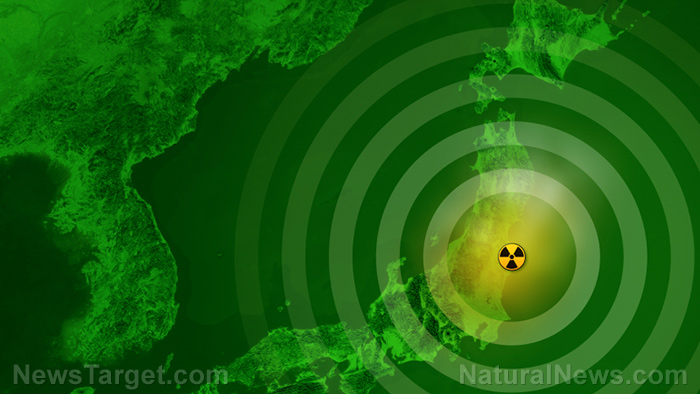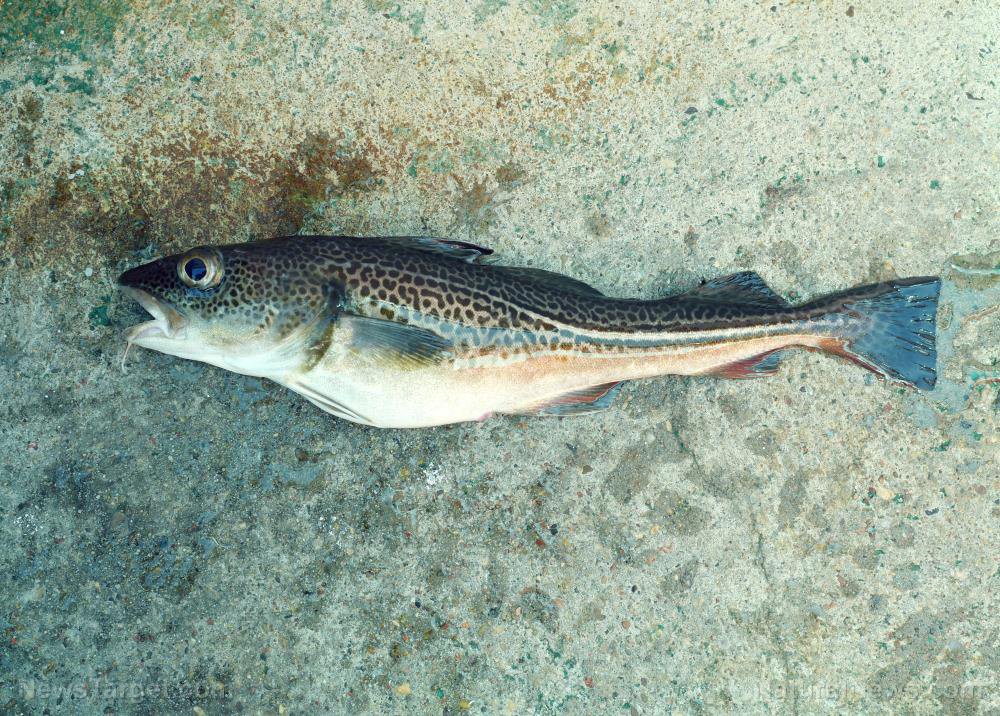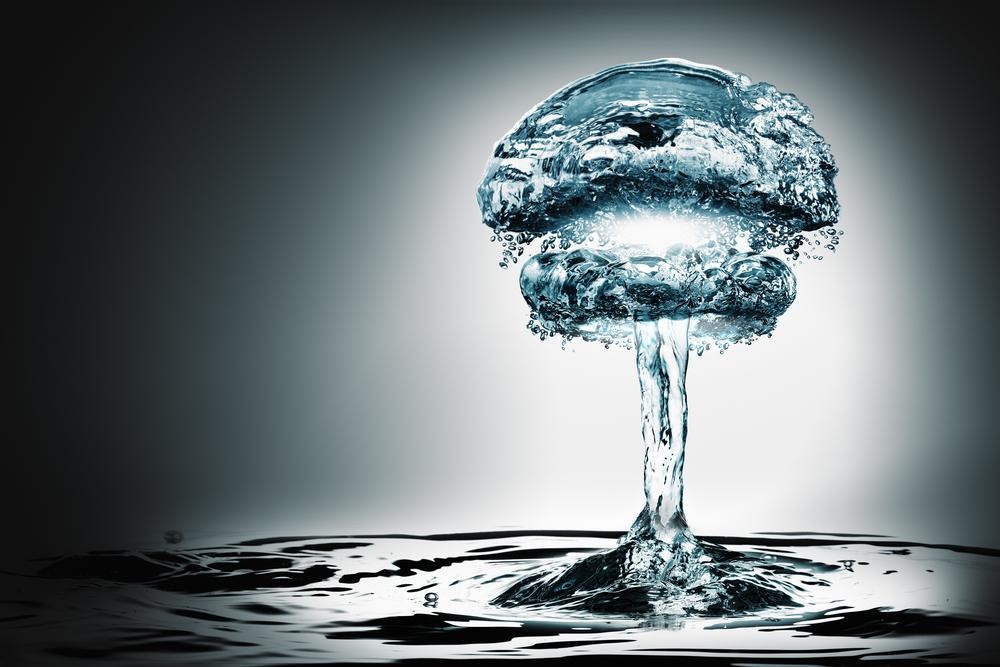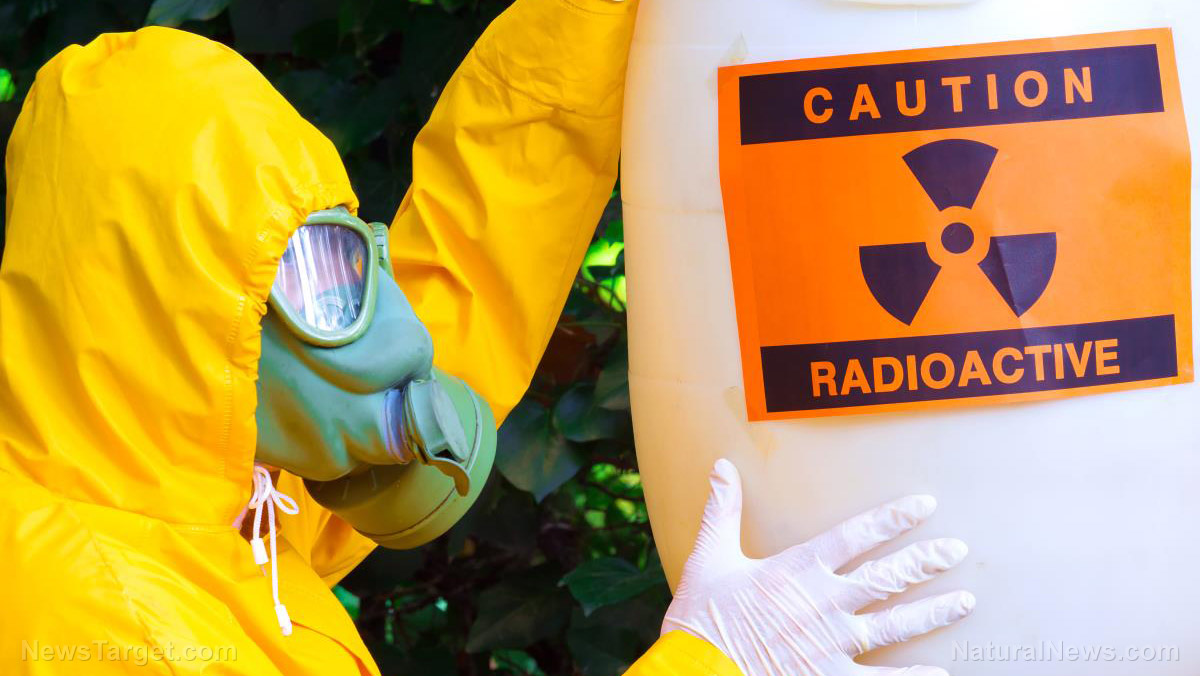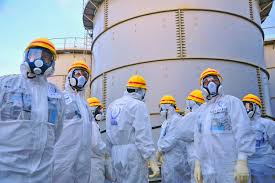Is Fukushima radiation affecting the West Coast? Consider these signs
09/24/2018 / By Tracey Watson

In March 2011, the province of Fukushima, Japan, was struck by a series of devastating events that culminated in one of the worst nuclear disasters in history. First, the area experienced a magnitude 9.0 earthquake; that, in turn, caused a 15-metre (50-foot) tsunami; and finally, the tsunami disabled the power supply and cooling functions at the Daiichi nuclear power plant, causing a nuclear accident on the 11th of March which was rated a 7 on the INES scale. Four nuclear reactors were destroyed, and clean-up work has been ongoing ever since.
Experts estimate that it will take at least 40 years to finalize this clean-up, and in the meantime, 300 tons of radioactive water continue to be pumped into the Pacific Ocean each day. The BBC reported in 2013 that the true levels of radiation around Fukushima were about 18 times higher than originally thought. The Tokyo Electric Power Company (TEPCO) estimated in that same year that between 20 and 40 trillion becquerels of radioactive strontium had already been released into the Pacific Ocean since the disaster in 2011. It is logical to assume that this number must now have increased exponentially.
This leads to the logical question: Is Fukushima radiation affecting the west coast of the United States?
Global Research, a globalization watchdog organization, believes that there are at least 28 lines of evidence that prove that this radiation is, indeed, causing destruction, including:
- Several types of animals, including walruses, seals and polar bears, have been found with open wounds and fur loss. The U.S. Geological Survey released a statement about the phenomenon, labeling it “alopecia, or loss of fur, and other skin lesions.”
- Huge numbers of sea lions have inexplicably died, with 45 percent of the pups born in June 2013 not surviving. NOAA (the National Oceanic and Atmospheric Administration) called this an “unusual mortality event.”
- Populations of sockeye salmon are at an all-time low along the coastline in both Canada and Alaska.
- Fish along the west coast of Canada have been found bleeding from their gills, eyes and bellies, and nobody knows why.
- A field of radioactive debris the size of California was released from Fukushima, crossed the Pacific Ocean, and reached the west coast. (Related: Media blackout over “unimaginable” radiation levels detected at Fukushima.)
- Scientists have discovered very high levels of cesium-137 in plankton in the Pacific close to Hawaii and the west coast.
- In a test performed in California, all 15 bluefin tuna examined were found to be contaminated with radiation.
- Canadian scientists have discovered extremely high levels of nuclear radiation in several samples taken from a variety of fish. One sea bass tested, for example, was found to have 1,000 becquerels of cesium per kilogram.
- A researcher with the Japan Meteorological Agency’s Meteorological Research Institute found that “30 billion becquerels of radioactive cesium and 30 billion becquerels of radioactive strontium” are released into the Pacific Ocean from Fukushima each day.
Alarmingly, scientists believe that about 100 times more radiation has been released into the ocean from the Fukushima disaster than the total amount released in the Chernobyl disaster.
Experts predict a steep rise in the number of people diagnosed with cancer after eating fish contaminated with radiation. Daniel Hirsch, a nuclear policy professor at the University of California, Santa Cruz, noted, “Look at what’s going on now: They’re dumping huge amounts of radioactivity into the ocean — no one expected that in 2011. We could have large numbers of cancer from ingestion of fish.”
Despite all this evidence, the mainstream media remains virtually silent about the potential for great harm to U.S. citizens. Fortunately, organizations like Global Research and Natural News can be relied upon to spread the truth.
Stay in the loop on Fukushima and nuclear disasters at Fukushima.news.
Sources for this article include:
Submit a correction >>
Tagged Under:
California, Canada, cancer, clean water, contaminated fish, Ecology, environ, environment, food supply, Fukushima, Japan, nuclear, nuclear disaster, ocean health, radiation, radiation science, West Coast
This article may contain statements that reflect the opinion of the author
RECENT NEWS & ARTICLES
COPYRIGHT © 2017 FUKUSHIMAWATCH.COM
All content posted on this site is protected under Free Speech. FukushimaWatch.com is not responsible for content written by contributing authors. The information on this site is provided for educational and entertainment purposes only. It is not intended as a substitute for professional advice of any kind. FukushimaWatch.com assumes no responsibility for the use or misuse of this material. All trademarks, registered trademarks and service marks mentioned on this site are the property of their respective owners.

